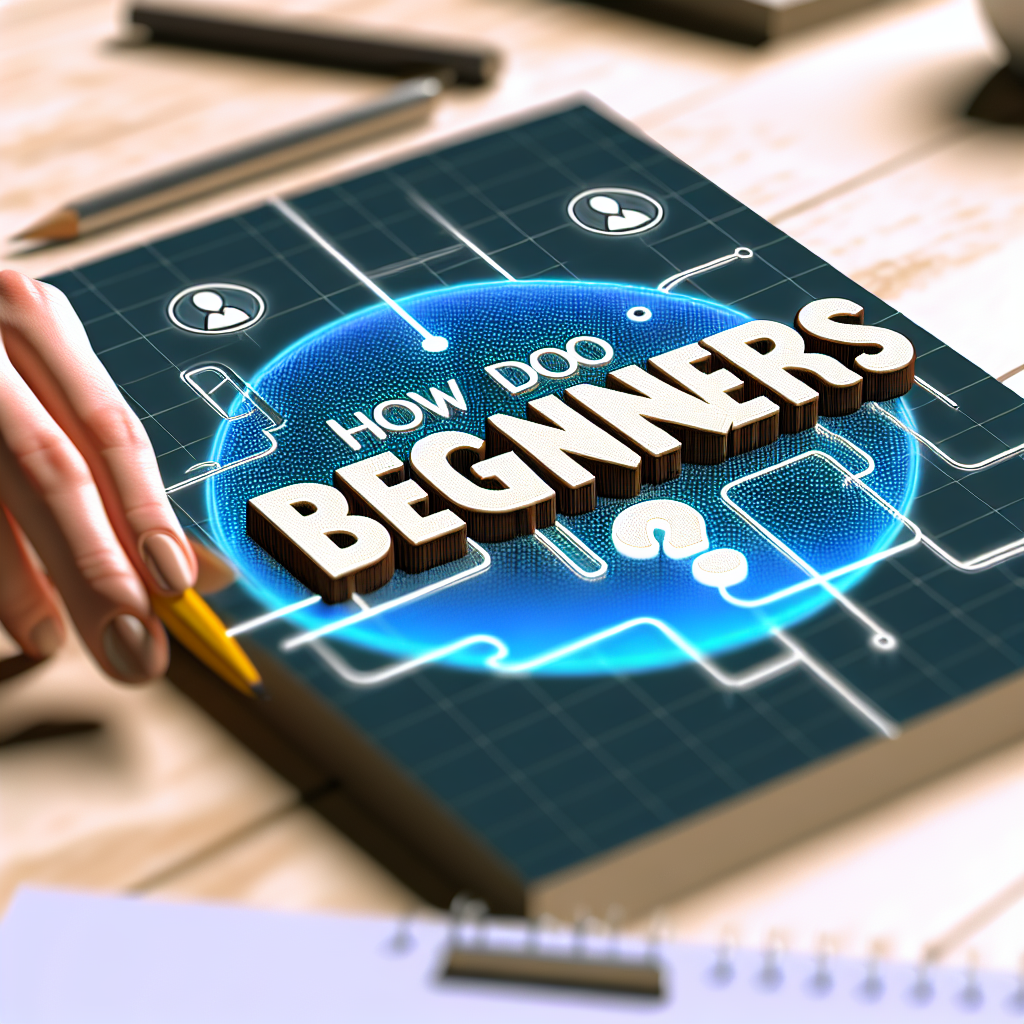
Embarking on a career in Human Resources (HR) can often feel like a journey littered with choices and paths to explore. For those considering this dynamic field, understanding how to effectively enter HR as a beginner is crucial. This guide will illuminate the significance of HR roles, discuss current trends in the industry, and provide actionable steps for gaining a foothold in this profession, all while ensuring you have the resources you need to thrive.
Significance of Entering HR
The importance of a career in HR cannot be overstated. HR professionals are the backbone of any organisation, pivotal in managing the workforce and ensuring compliance with labour laws. They play a crucial role in shaping a positive work environment, influencing employee satisfaction, retention, and overall organisational success. As companies increasingly recognise the value of skilled HR practitioners, pursuing a career in HR becomes not just attractive, but essential for those looking to make a significant impact in their workplace.
Current Trends Shaping the HR Landscape
1. The Rise of Certifications
Over the past few years, the significance of HR certifications has soared. Renowned bodies such as the HR Certification Institute (HRCI) and the Society for Human Resource Management (SHRM) provide certifications that are respected within the industry. Earning these credentials showcases a dedicated investment in one’s career and positions candidates as knowledgeable professionals in HR. These certifications often encompass essential areas like employment law, organisational management, and performance management.
2. Online Learning Opportunities
With the advent of technology, online courses have revolutionised how beginners can acquire HR knowledge. Platforms offering HR training have increased in number, offering courses that can be completed at one’s own pace, making education flexible and accessible. This has enabled aspiring HR professionals to gain essential skills without committing to a full-time educational programme.
3. The Emphasis on Practical Experience
Hands-on experience remains irreplaceable. Internships or entry-level jobs—such as HR Coordinator or Recruiting Assistant—provide invaluable exposure to the core functions of HR. Engaging directly with the human aspect of HR allows newcomers to understand workflows, culture, and the essentials of effective employee management.
Key Benefits of Pursuing a Career in HR
- Expansive Career Opportunities: The HR profession encapsulates a variety of roles, from generalist functions to specialised positions such as Talent Acquisition or Employee Relations. This diversity offers professionals a vast playing field to explore.
- Skill Development: Roles in HR demand an assortment of skills, including communication, problem-solving, and interpersonal capabilities. Developing these skills not only aids in progressing within the HR domain but also enhances employability across various industries.
- Job Security: HR positions often provide a sense of stability due to the ongoing necessity for organisations to effectively manage their workforce. This reliability cultivates a positive outlook for those entering the field.
- Personal Fulfilment: The intrinsic rewards from working in HR, such as contributing to employee success and satisfaction, can foster a profound sense of achievement.
Steps to Enter the HR Profession
1. Gain Fundamental Knowledge
Start your HR journey by enrolling in introductory courses that cover the basics of Human Resources Management. Consider courses that offer a comprehensive overview, such as an “Introduction to Human Resources Management” programme.
2. Obtain Relevant Education
While formal education is not an absolute necessity, possessing a degree in HR or a related field, such as Business Administration with a focus on HR, can provide a solid foundation for understanding essential concepts and practices within the profession.
3. Acquire Practical Experience
Once you have a foundational knowledge base, seek out internships or entry-level positions. Roles such as HR Coordinator or Recruiting Assistant can provide a practical understanding of the operational aspects of HR. The knowledge gained through these positions is irreplaceable.
4. Achieve HR Certifications
Consider pursuing certifications from respected organisations like HRCI or SHRM. These credentials not only bolster your CV but also reflect a commitment to professional development, enabling you to stand out to potential employers.
5. Develop Key Skills
Focusing on enhancing essential skills—such as communication, problem-solving, and interpersonal relations—will equip you for success in HR. These skills are crucial across various roles within HR and are often what hiring managers look for in candidates.
Embracing Change: Continuous Learning and Adaptability
A key aspect of successfully entering and remaining relevant in the HR field is the ability to adapt to changes. The HR landscape is constantly evolving; thus, being open to ongoing education and staying ahead of industry trends is paramount. Participate in seminars, join professional networks, and keep abreast of new technologies and practices within HR.
Importance of Networking
Building relationships with other HR professionals can provide invaluable insights and connections. Attend local HR events, join online forums, or participate in social media groups dedicated to HR. Networking not only opens doors to potential job opportunities but also provides support and mentorship.
Conclusion
Making the leap into Human Resources as a beginner requires a strategic blend of education, practical experience, and certifications. By recognising the significance of the field, staying informed about current trends, and developing key skills, aspiring HR professionals position themselves for a fulfilling career. For those eager to make a difference in the workplace and contribute to employee success, the pathway into HR is not just a journey—it’s a commitment to fostering positive organisational culture and advancing one’s professional journey.
For further reading and resources, consider exploring the SHRM website, which offers a plethora of information on certifications, best practices, and evolving trends in HR. Additionally, platforms like Coursera and Udemy provide a wide array of online courses to expand your knowledge base.
Vadim Kouznetsov is a distinguished entrepreneur and the visionary founder and CEO of JobXDubai.com, the UAE’s rapidly expanding job board. Renowned for his expertise in bridging the gap between job seekers and employment opportunities, Vadim has become a leading authority in the recruitment and job market of Dubai.
